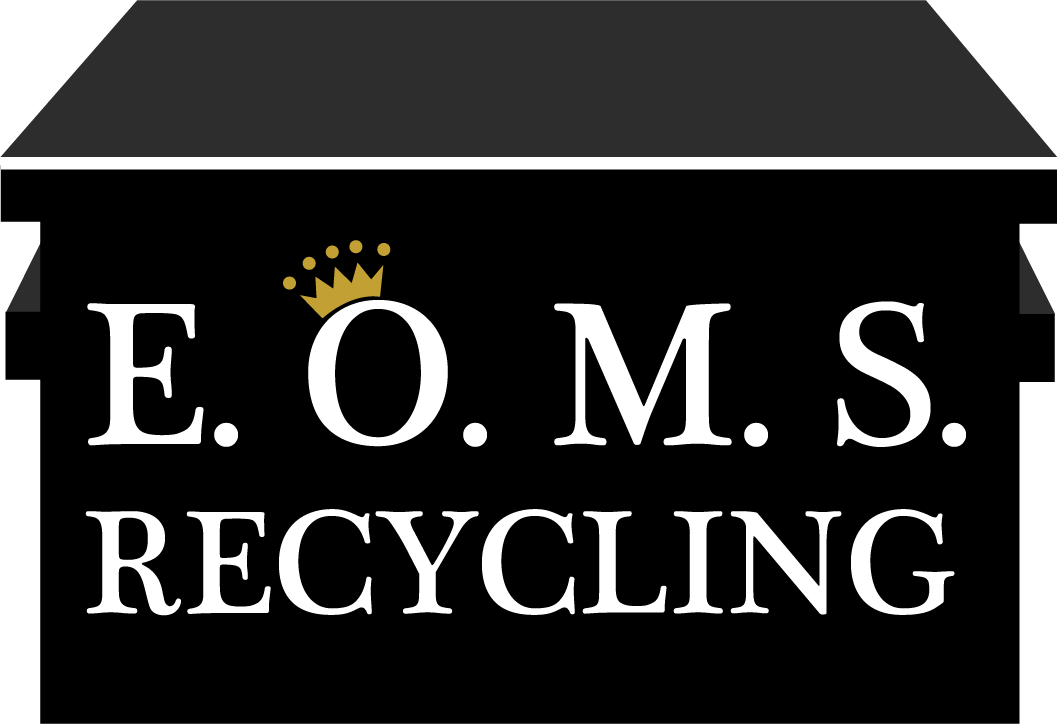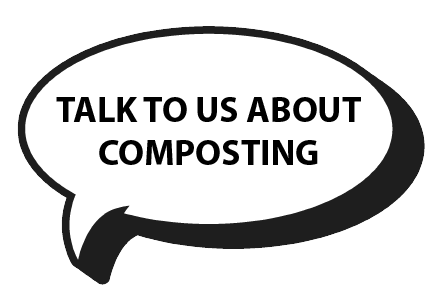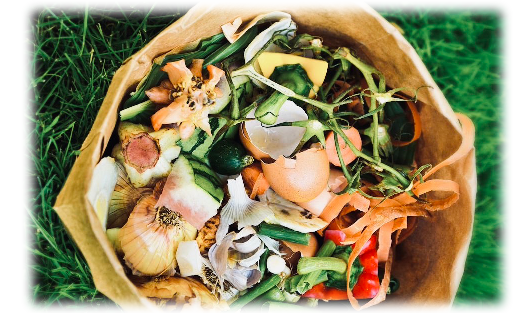FOOD WASTE COMPOSTING & ORGANIC RECYCLING PROGRAM
For years, we have been taught to recycle paper, plastics, bottles, and cans. Now many restaurants, supermarkets, and food manufacturing plants in Massachusetts are increasing what they recycle by composting organic materials such as meat, seafood, fruits, vegetables, dairy products, eggshells, grains, bread, coffee filters, and other food waste.
MassDEP regulations now ban disposal of food and other organic wastes from businesses and institutions that dispose of more than one ton of these materials per week.
E.O.M.S. Recycling will ensure your business remains compliant and forward thinking when it comes to your food waste.
KEEP FOOD WASTE OUT OF LANDFILLS
FOOD WASTE RECYCLING REDUCES WASTE REMOVAL COSTS
OTHER BENEFITS OF ORGANICS & FOOD WASTE COMPOSTING
Developing a reputation in the community as an environmentally conscious establishment that recycles. Many restaurant customers are looking to dine at “eco-friendly restaurants.” Many restaurants buy local, but could go to the next level by composting their food waste instead of putting it into the regular waste stream.
Advertise & market your company as a green business. Restaurants, grocery stores, and food marts that participate in food waste composting and organic recycling programs can showcase this involvement in their marketing strategies.
Lowering regular trash disposal costs. Trash disposal costs are higher than food waste disposal costs. By keeping heavy food waste out of regular trash containers, restaurants and food businesses save money by diverting their food waste to separate dumpsters and right-sizing their trash containers or compactors.


